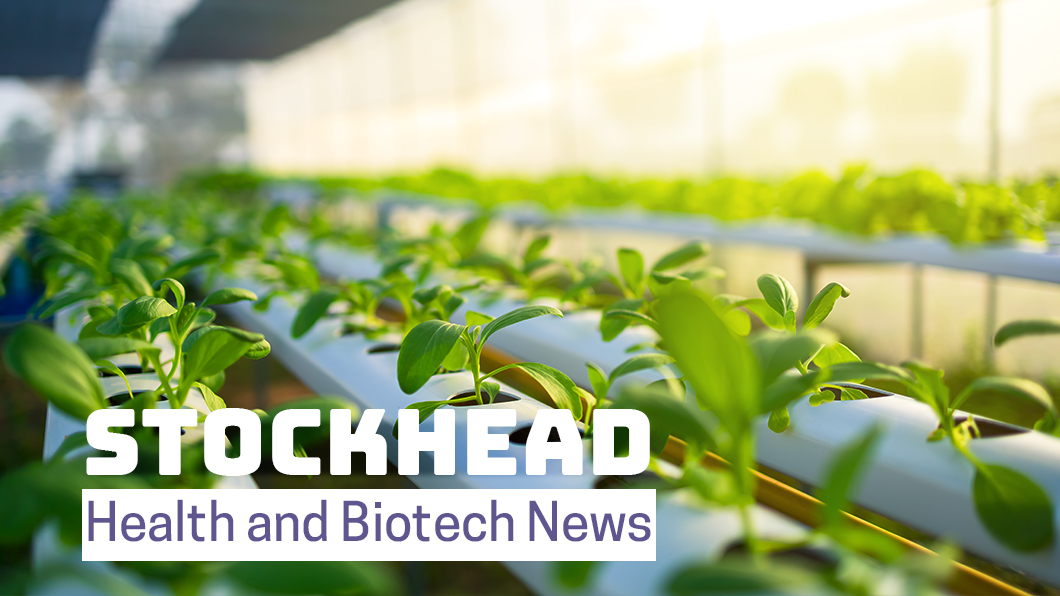The United Nations might soon give its blessing to a key marijuana ingredient

Pic: Charnchai / iStock / Getty Images Plus via Getty Images
Cannabidiol — one of the active ingredients in marijuana — could be on a path to effective legalisation around the world next year.
The United Nations Commission on Narcotic Drugs is due to meet in March and one of the drugs up for classification review is cannabidiol (or CBD).
CBD has well-researched medicinal benefits — but unlike another cannabinoid, tetrahydrocannabinol (THC), it doesn’t get you high.
CBD is already used in a variety of products made by ASX-listed cannabis developers.
The UN commission could change CBD from a Schedule IV drug — where it sits next to heroin and cocaine — to a lower schedule, or remove it from the list altogether.
That would throw open the door for lifestyle products such as CBD drinks “where a lot of the action is”, says the US-based boss of Botanix (ASX:BOT) Matt Callahan.
The commission will adopt or reject recommendations made by the WHO Expert Committee on Drug Dependence next month.
The WHO has already done one review in June, finding that pure CBD shouldn’t be an internationally controlled drug as it “was no found to have psychoactive properties, and presents no potential for abuse or dependence”.
Cannabis leaf and tetrahydrocannabinol (THC), the part that gets you ‘high’, would still be highly regulated.
- Subscribe to our daily newsletter
- Bookmark this link forsmall cap news
- Join our small cap Facebook group
- Follow us on Facebook or Twitter
What this means is that markets will start opening for lifestyle companies using just CBD in their products.
On the ASX this includes BOD Australia (ASX:BDA) with its cannabis cosmetics and even Skin Elements (ASX:SKN), which says it is looking at pot-based skincare.
Currently in countries with strict medical cannabis rules, like Australia, products can only be bought through the restrictive special access schemes which make cosmetics, skincare and food impossible to sell over the counter.
Companies like Creso (ASX:CPH) are trying to crack into the already-heated beverages market, looking to create both wellness drinks which include CBD and others like flavoured beers.
They’re going up against Coca-Cola, which has said they’re keen to tap CBD for wellness drinks, and the world’s biggest drinks maker Constellation Brands which recently sank $4b into grower-turned-biotech AusCann’s (ASX:AC8) largest shareholder, Canopy.
In terms of food, hemp is already a feature of Aussie supermarket health shelves but Queensland Bauxite’s (ASX:QBL) Andrew Kavasilas says they are running into problems with State laws around hemp food products and police marijuana saliva tests, which he says can pick up trace amounts of cannabidiol from hemp foods.
Where America goes, the world follows
Mr Callahan’s focus for Botanix and its medical skincare treatments is the US.
He says it could take the US Drug Enforcement Agency (DEA) months or years to reschedule CBD in that country, in the event of the UN classifying it, but it would be the “final nail in the coffin” for CBD as an illegal substance.
The US already makes up 90 per cent of the global cannabis market and as such any changes there reverberate around the world.
In Australia, seven pot stocks are champing at the bit to enter the large and lucrative US market.
Already the DEA has rescheduled CBD — but only for a very specific formulation, the epilepsy Epidiolex drug that was approved by the FDA for use in the US in June — at the lowest level of Schedule 4.
All other versions of CBD remain a federally Schedule 1 drug, again sitting alongside heroin and cocaine, notwithstanding State laws around medical and recreational use.
“DEA, HHS and FDA have long acknowledged that studies have found that CBD does not have the same affinity and effects as THC, and thus does not produce psychoactive properties in humans,” said law firm Hyman Phelps directors John GIlbert and Larry Houck.
“We speculate that the obstacle to descheduling even an FDA-approved CBD formulation was the current classification under the [1961] Single Convention [on Narcotic Drugs].”
UNLOCK INSIGHTS
Discover the untold stories of emerging ASX stocks.
Daily news and expert analysis, it's free to subscribe.
By proceeding, you confirm you understand that we handle personal information in accordance with our Privacy Policy.








